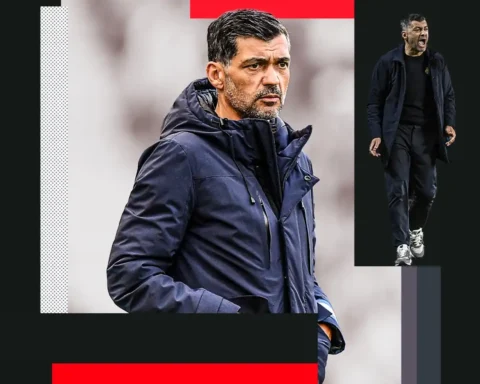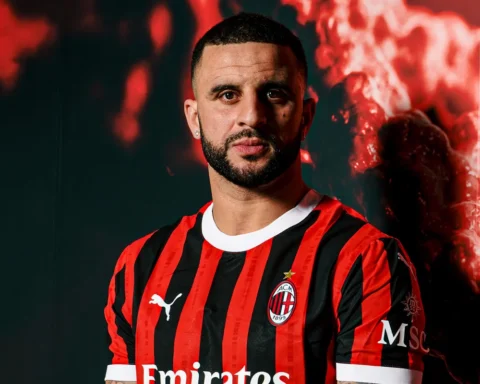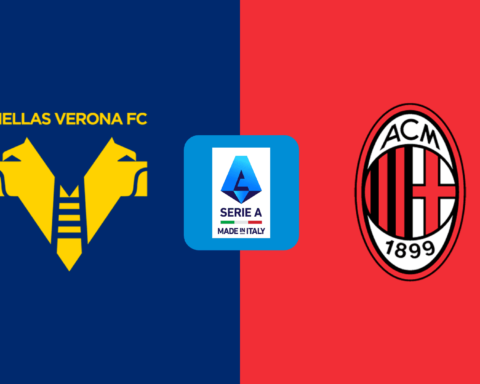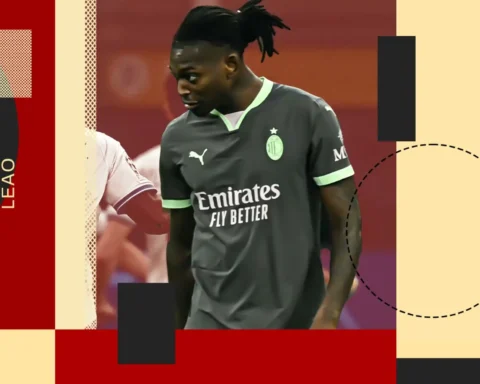AC Milan’s recent victory against Empoli at the Castellani-Computer Gross Arena has sparked an intriguing debate among fans and pundits alike: Is the team’s new ultra-offensive formation, featuring Christian Pulisic, Joao Felix, Rafael Leao, and Santiago Gimenez, a sustainable strategy for success?
Calciomercato report how the match in Tuscany, despite being marred by controversial refereeing decisions, showcased a transformed Milan side in the second half. After Fikayo Tomori’s red card threatened to derail their plans, the introduction of Pulisic, Gimenez, and Leao, coupled with an Empoli player’s dismissal, changed the game’s dynamics dramatically.
This new Milan, under Sergio Conceicao’s guidance, aims to secure a top-four finish and make significant progress in both the Champions League and Coppa Italia. The ultra-offensive lineup has already shown promising signs, with Gimenez and Joao Felix displaying immediate chemistry against Roma, and Pulisic and Leao leading the charge in Empoli.
Conceicao’s challenge now lies in balancing this attacking prowess with defensive stability. The formation offers numerous advantages: Joao Felix acts as a creative number 10, linking midfield and attack; Pulisic exploits spaces from the right; Leao threatens from the left flank; and Gimenez provides a much-needed presence in the penalty area.
However, for this ambitious style to be sustainable, all four attackers must be willing to contribute defensively. The system relies heavily on a quality defensive and non-possession phase, especially considering the presence of only one defensive midfielder in Youssouf Fofana, alongside attack-minded players like Tijjani Reijnders and Theo Hernandez.
The risks are evident: an overly unbalanced team could leave Milan vulnerable to counterattacks. There’s also concern that Reijnders, currently joint top-scorer with Pulisic, might have to play deeper, potentially limiting his goal-scoring opportunities.
Ultimately, the success of this “All-Star” Milan version depends on the willingness of the front four to sacrifice for the team and adhere to Conceicao’s defensive principles. As the coach himself emphasized, “A collective works when players are willing to sacrifice, to step out of their comfort zone.”
The upcoming Champions League match against Feyenoord in Rotterdam will be a crucial test for this new tactical approach. It will determine whether Milan’s four-pronged attack is truly sustainable or if adjustments are needed to compete at the highest level.





